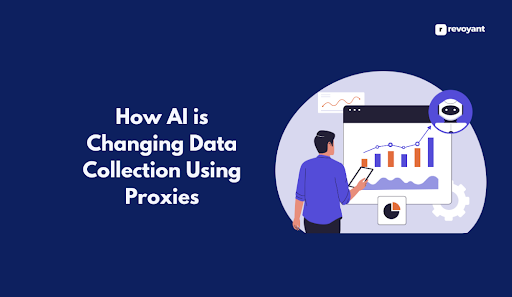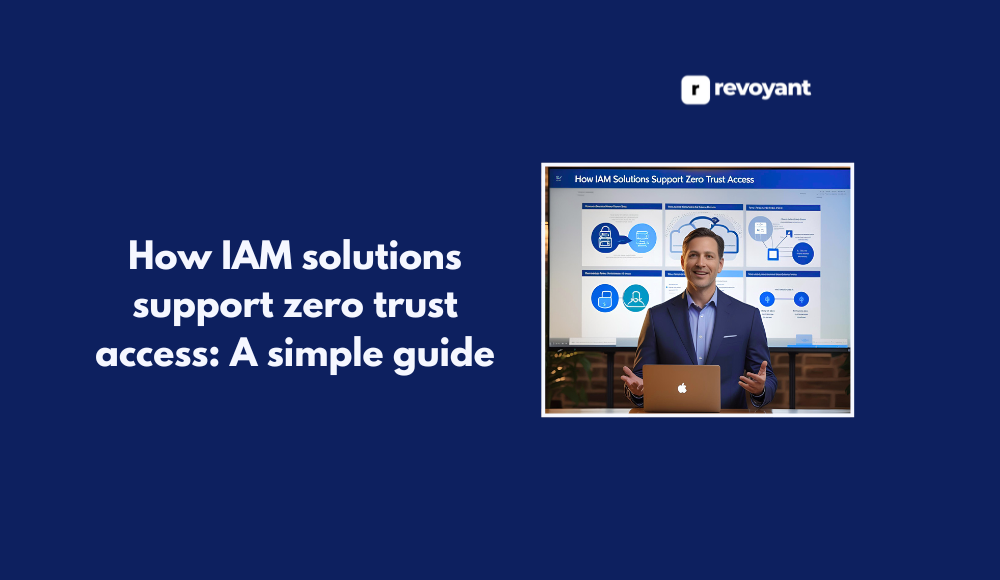Many people feel lost trying to keep up with new AI voice tools. It can get confusing, especially now that Amazon has released a smarter version of Alexa. During my research, I found clear answers about how these voice agents work in 2025, what they mean for businesses, and why they matter.
This guide will help you see how AI voice assistants can make daily tasks easier and help businesses grow. Read on to find out what’s coming next!
Key Takeaways
- AI voice agents have become much smarter and more human-like. They help with daily tasks and business work.
- Companies use AI for customer service, making calls, and managing data. This saves time and money.
- You can build an AI voice agent easily. It starts by solving one small problem at a time.
- These agents keep getting better through updates. This helps them do more jobs without mistakes.
- Using AI makes businesses run smoother and faster. It also helps give quick answers to customers.
Evolution of AI Voice Agents
AI voice agents have changed so much from simple chatbots, to complex tools that sound almost human. These new systems can now talk with us in a natural way, which helps make daily work faster and easier.
Amazon’s latest intelligent version of AlexaAmazon released a more intelligent version of Alexa in 2024. This upgrade shows how fast AI technology moves forward. The new Alexa uses advanced machine learning and natural language processing to become smarter, faster, and more helpful.
I notice its voice recognition is better, even with background noise or strong accents.
Alexa now works as a real personal assistant for both home and business use. It can manage smart home devices, set reminders, answer questions, and help with daily plans using conversational AI.
Amazon’s improvements highlight the growing role of virtual voice assistants in our lives today.
Use and application of AI voice agents in companies
AI voice agents now help companies in many ways. I have seen how artificial intelligence changed daily work. With voice recognition and natural language processing, these agents can answer questions, manage calls, and even make bookings for customers.
Voice assistants do more than just talk; they solve problems fast and give updates on orders too. Companies use conversational AI to handle customer service at any time of day.
In 2025, machine learning helps these agents learn from each call or chat. Small businesses also benefit from this new technology because it is more affordable now compared to past years.
Even in industries like retail and banking, interactive voice response systems save workers’ time by guiding callers through simple tasks automatically. Speech analytics gives managers useful data about what customers want or dislike during calls with these virtual assistants.
The technology has grown far beyond old automated phone systems that only played menu options without really understanding people’s needs.
Building an AI Voice Agent
I can show how simple it is to start making an AI voice agent. I also share tips that help companies use these smart programs better so they work well for everyone.
Demonstration by Flo Crivello on creating an AI voice agent
Flo Crivello, CEO and founder of Linda AI, showed how to build an AI voice agent. He set up the agent to answer phone calls for businesses, book appointments with clients, and check calendar availability using voice recognition technology.
The virtual assistant relied on artificial intelligence and natural language processing for smooth conversations.
I watched Flo’s demo where he made the agent handle real tasks like finding open meeting times or making outbound calls. It could manage calendars automatically, convert speech to text during a call, and even confirm bookings without human help.
This clear example used conversational AI not just for talking but also for automated appointment scheduling and smart call handling automation. After seeing this process in action, advice can help other businesses use AI voice agents too.
Advice for businesses implementing AI voice agents
I always start with one small, clear problem to solve. For example, I may use an AI voice assistant to answer simple customer questions or set appointments. This keeps things focused and easy to manage.
As the AI agent shows results, I can expand its tasks step by step, building on what works.
AI voice assistants work best for task automation instead of replacing whole jobs. Flo Crivello says these agents act like eager interns; they handle specific tasks well but do not replace human thinking.
Machine learning and natural language processing let them understand speech, but limits still exist. Setting realistic goals helps me avoid disappointment and use digital assistants where they shine most—handling routine actions quickly and clearly for my team or customers.
Transformation of Business Operations and Customer Service
AI voice agents, I see, are changing how businesses connect with their customers each day. They help teams work faster, give quick answers to questions, and make every step smoother for both staff and clients.
Potential impact of AI voice agents
I see a dramatic rise in artificial intelligence voice technology across many companies. More restaurants and plumbers use AI to handle calls, book appointments, and answer customer questions.
This business process automation gives owners more time for their core work. Amazon’s latest Alexa shows how far voice assistant integration has come, making it easier to boost operational efficiency.
In 2025, AI voice agents change customer support with call handling automation. These tools work around the clock without breaks or sick days; they lower costs and make customers happier by giving fast answers.
Businesses get higher ROI, especially in service jobs like food services or repair shops. Using these systems leads to real digital transformation and workforce optimization that pushes the service industry forward.
Leveraging AI for tasks like research and outreach
AI voice agents save me hours on tasks like research and outreach. I use artificial intelligence to sort large datasets, search for key information, and find trends in minutes. For example, with automation, I can generate outreach emails to a list of unicorn company founders quickly.
This increases efficiency and keeps my business operations moving fast.
Scalability becomes easy since AI handles many repeatable jobs at once without losing accuracy or speed. Tasks that took days now finish within hours. Each email sent by the agent sounds clear and professional; this brings consistency across every message.
My customer service team now has more time to focus on complex problems instead of routine work thanks to these tools.
Continuous Improvement and Iteration
I see that AI voice agents must keep changing to stay useful, so updates happen often. These updates make them smarter and help them solve more problems, which is always exciting for me to watch.
Importance of continuous improvement and iteration on AI agent capabilities
Continuous improvement and iteration drive AI agent success. I focus on ongoing enhancement, since new needs and challenges arise fast. Small changes can lead to big gains in AI voice agents, making them work better each month.
Persistent improvement helps the agent handle more tasks with fewer errors.
Testing different prompts, instructions, and workflows lets me refine these systems for use at scale. For example, if a company launches an updated Alexa or similar tool, quick iterative development ensures it stays helpful for both customers and teams.
Progress comes from continuous evolution; so even after launch day, I always look for ways to advance through iteration and optimize every part of the system.
Conclusion on the Role of AI in Business
AI voice agents boost efficiency, spark fresh ideas, and help businesses deliver better results—explore more to see what they can do next.
Closing remarks on the role of AI in business processes for efficiency and improved results
Artificial intelligence improves business operations in many ways. I see faster results, better data analysis, and smoother process automation. HubSpot shows how digital tools can bring together client interactions and history for smarter decisions.
Using technology like this helps me work with more accuracy every day.
I know these systems are not perfect yet; setting realistic goals is key. Each upgrade or new feature makes tasks simpler and boosts performance a little more each time. With smart integration of AI, I reach higher efficiency without missing details that matter most in my daily workflow.
FAQs
1. What is the future of AI voice agents in 2025?
The future of AI voice agents in 2025 looks bright, with advancements leading to more comprehensive and efficient solutions for businesses and individuals alike.
2. How will these AI voice agents change how we interact with technology?
AI voice agents are set to revolutionize our interaction with technology by providing seamless, natural language communication, making it easier than ever to engage with digital platforms.
3. Are there any challenges we might face as AI voice agents become more prevalent?
Yes, while the rise of AI voice agents promises many benefits, potential challenges include privacy concerns and ensuring these technologies remain accessible and beneficial for all users.
4. Can anyone use these advanced AI Voice Agents or do they require special skills?
While some technical know-how can be helpful in utilizing advanced features of AI Voice Agents, their primary design is user-friendly so that everyone can benefit from this transformative tech advancement.




